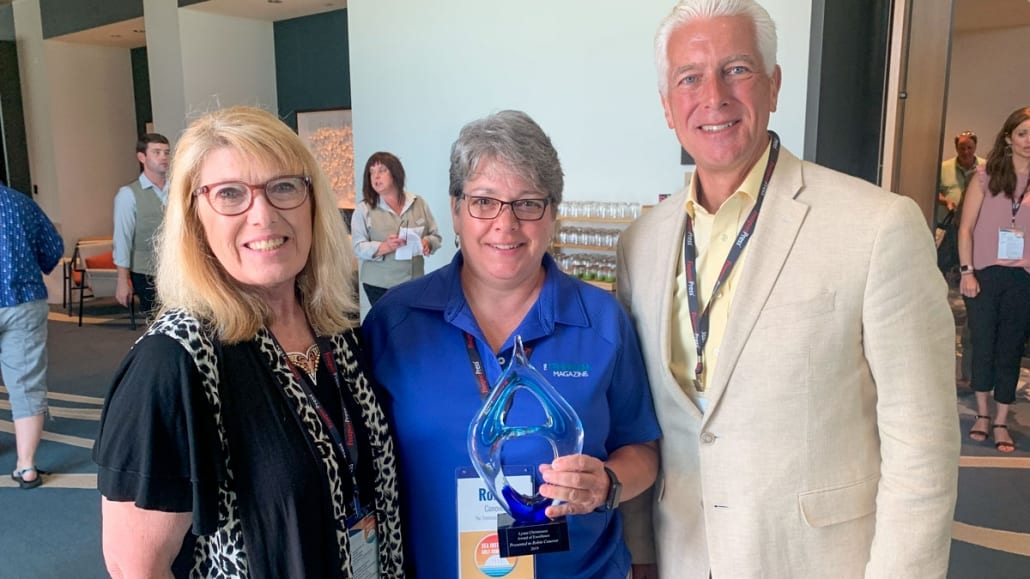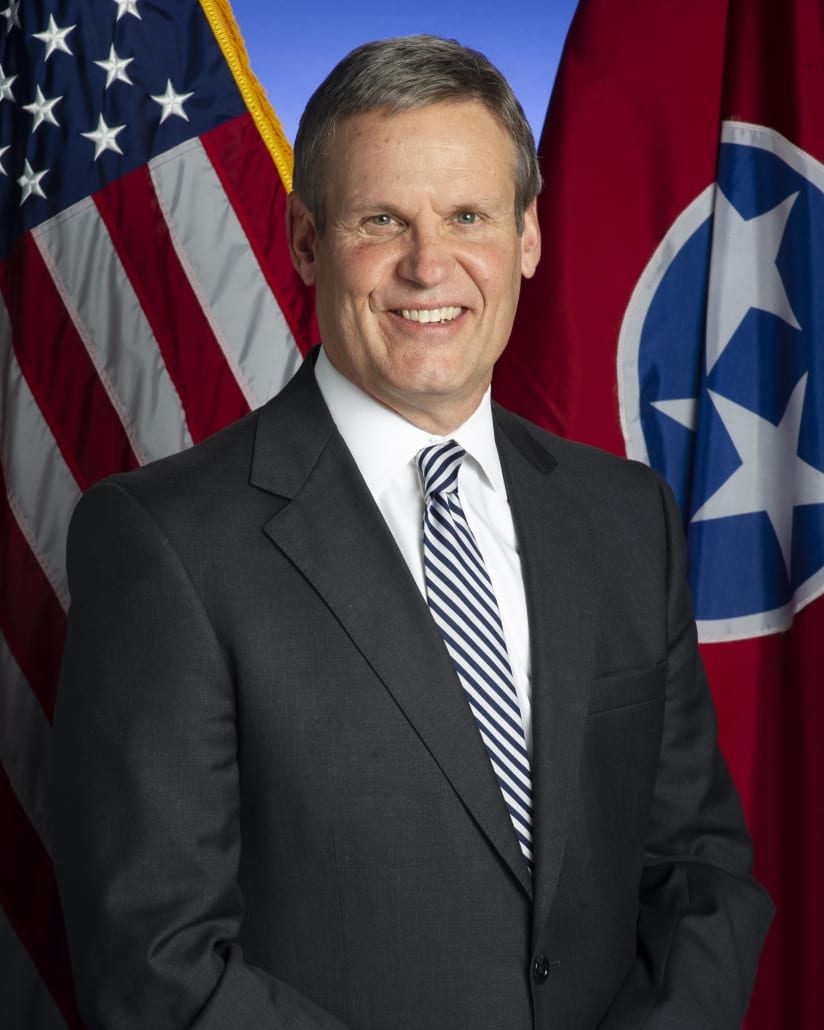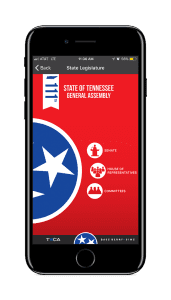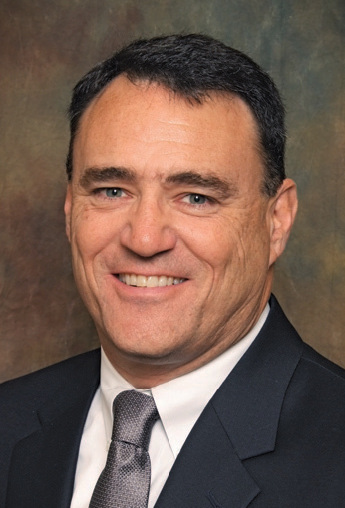NASHVILLE – American Mainstreet Publications presented The Tennessee Magazine editor Robin Conover with the Lynne Christenson Award of Excellence at the organization’s annual meeting this week in Alabama.
American Mainstreet Publications is an advertising cooperative owned by electric co-op statewide publications. The Lynne Christenson Award of Excellence is presented to an AMP member who exemplifies the work ethic, tenacity and professionalism of Lynne Christenson, former advertising manager for Kentucky Living Magazine. Christenson was a passionate advocate for electric co-op magazines before losing a battle with cancer in 2015.
“Robin exhibited a strong and steady hand guiding the National Country Market membership through its rebranding as American MainStreet Publications,” said Mona Neely, editor of Colorado Living Magazine and AMP board member. “She has kept the board focused on supporting our team as it works to make AMP relevant in an ever-changing and fast-moving marketplace. She did this all while maintaining the excellence of her own magazine and excelling as an amazing photographer.”
“A team leader who gave 110% all the time, dreamed big, thought outside the box and followed through to make thing happen is how I would describe Lynne Christenson,” said Conover. “Lynne was a mentor and a dear friend of mine. I am humbled and honored to receive this award. She was a passionate leader who always had the mission of the electric cooperatives and our magazines at heart. As advertising manager for Kentucky Living, Lynne led our national sales cooperative, National Country Market, now known as American MainStreet Publications. She helped define how we approach sales and advertising with our national network of electric cooperative magazines. Lynn was a good friend, and I am honored to receive this award.”
“Robin’s talents are no secret, and we enjoy when others recognize and honor those talents,” said David Callis, executive vice president and general manager of the Tennessee Electric Cooperative Association. “We are fortunate to have her on our team.”
“National advertising is increasingly important to our magazines,” said Conover. “AMP plays an important role in recruiting high-quality advertising for the statewide publications. This revenue helps us offset cost and to create better, more effective magazines.”









